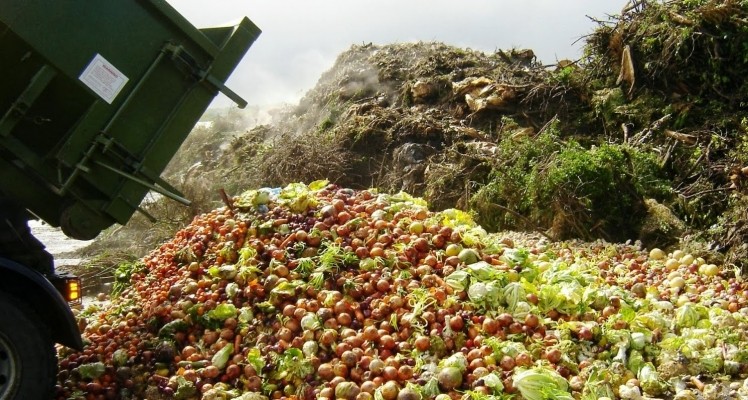AGRICULTURE WASTE MANAGEMENT
AGRICULTURE: – Is the largest contributor of any resource sector, to the economy It is also a large generator of waste materials
Agriculture waste:
Agriculture waste is composed of organic wastes (animal excreta in the form of slurries and FYM, spent mushroom compost, soiled water and silage effluent)
INCLUDE:
Natural waste
Animal waste
Plant waste
Waste management:
If wastes are not properly handled, they can pollute surface and groundwater and contribute to air pollution
The proper management of waste from agricultural operations can contribute in a significant way to farm operations.
Waste management helps to maintain a healthy environment for farm animals and can reduce the need for commercial fertilizers while providing other nutrients needed for crop production. The waste which is reduce, recycle and make it usable for different purpose is a waste management
Management process
✓ Source
✓ Generation
✓ Collection
✓ Transportation
✓ Treatment process
✓ Disposal
Generation:
India is one of the richest countries in agricultural resources Present in India, annually 350MT are organic wastes from agricultural sources .The major quantity is generated from- sugarcane baggage, paddy and wheat straw and husk and etc.
Collection-
waste like fruit and vegetable waste are collected from houses called domestic waste
Waste collected from road street or side
Collected waste like dry refuse and green waste, animal dung from agricultural field
Transportation process
Transportation of agricultural waste are collected trucks, trailers, carts and etc.
Treatment process
We should provide written instruction for storing and disposing of each type of waste we produce
We must dispose of waste if we have determined that we cannot use prevention, preparation for reuse, recycling or any other recovery method
Composting
Recycling
Incineration
Benefits of agricultural waste
❖ The reuse of animal waste in farming operation can reduce the quantity and hauling costs of commercial fertilizer
❖ The contribution of animal waste increases the organic matter contents of soils, which
increase nutrient availability for crops and improves the water holding capacity
❖ Good waste management reduces the instances of well water contamination and minimizes surface water pollution

